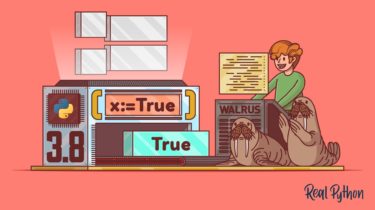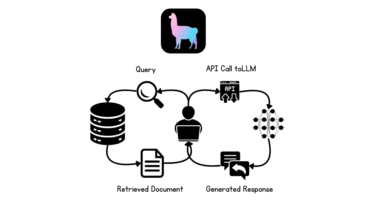Abstracts: August 15, 2024
SHREY JAIN: Thank you. We’re happy to be back. ZOË HITZIG: Thanks so much. TINGLE: Shrey, let’s start with a brief overview of your paper. Why is this research important, and why do you think this is something we should all know about? JAIN: Malicious actors have been exploiting anonymity as a way to deceive others online. And historically, deception has been viewed as this unfortunate but necessary cost as a way to preserve the internet’s commitment to privacy and […]
Read more





